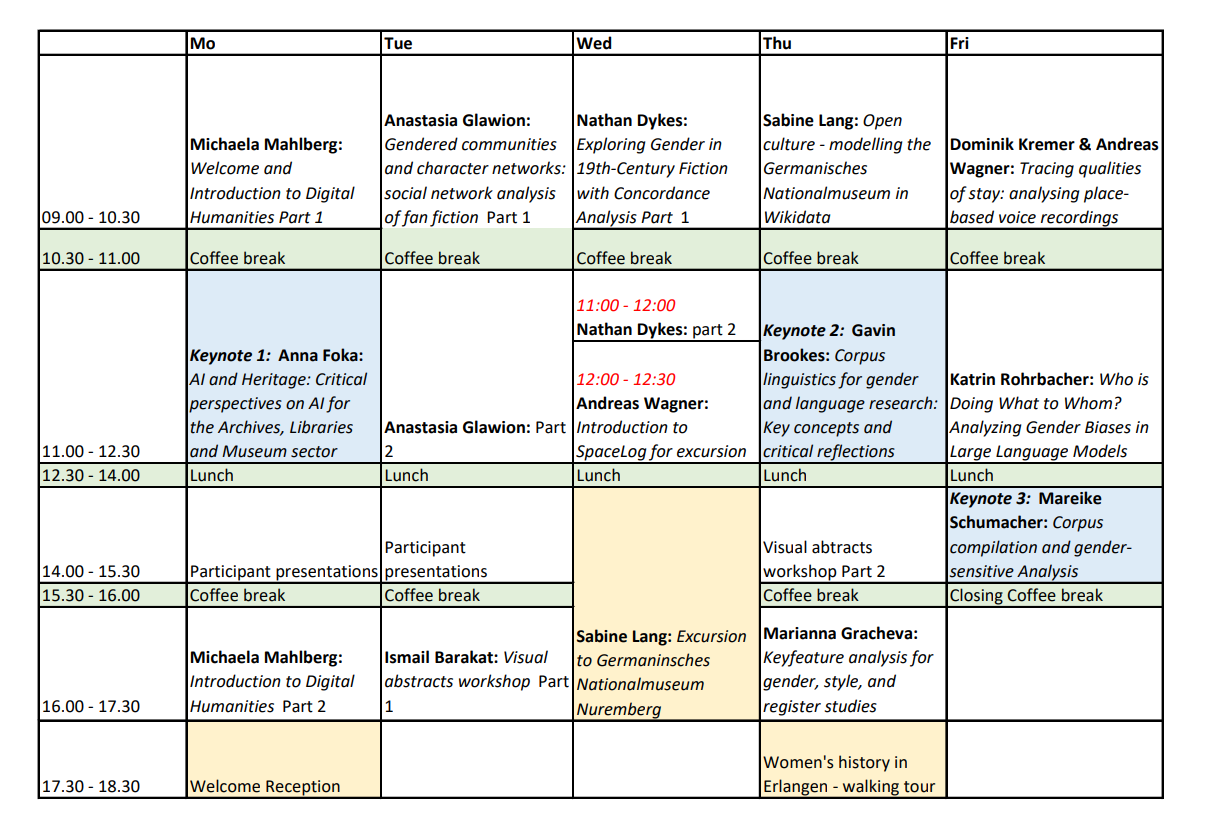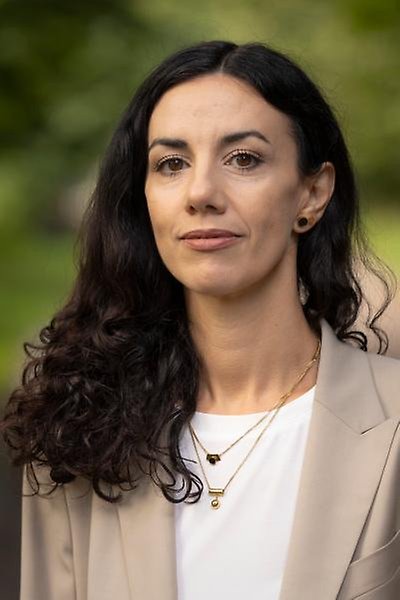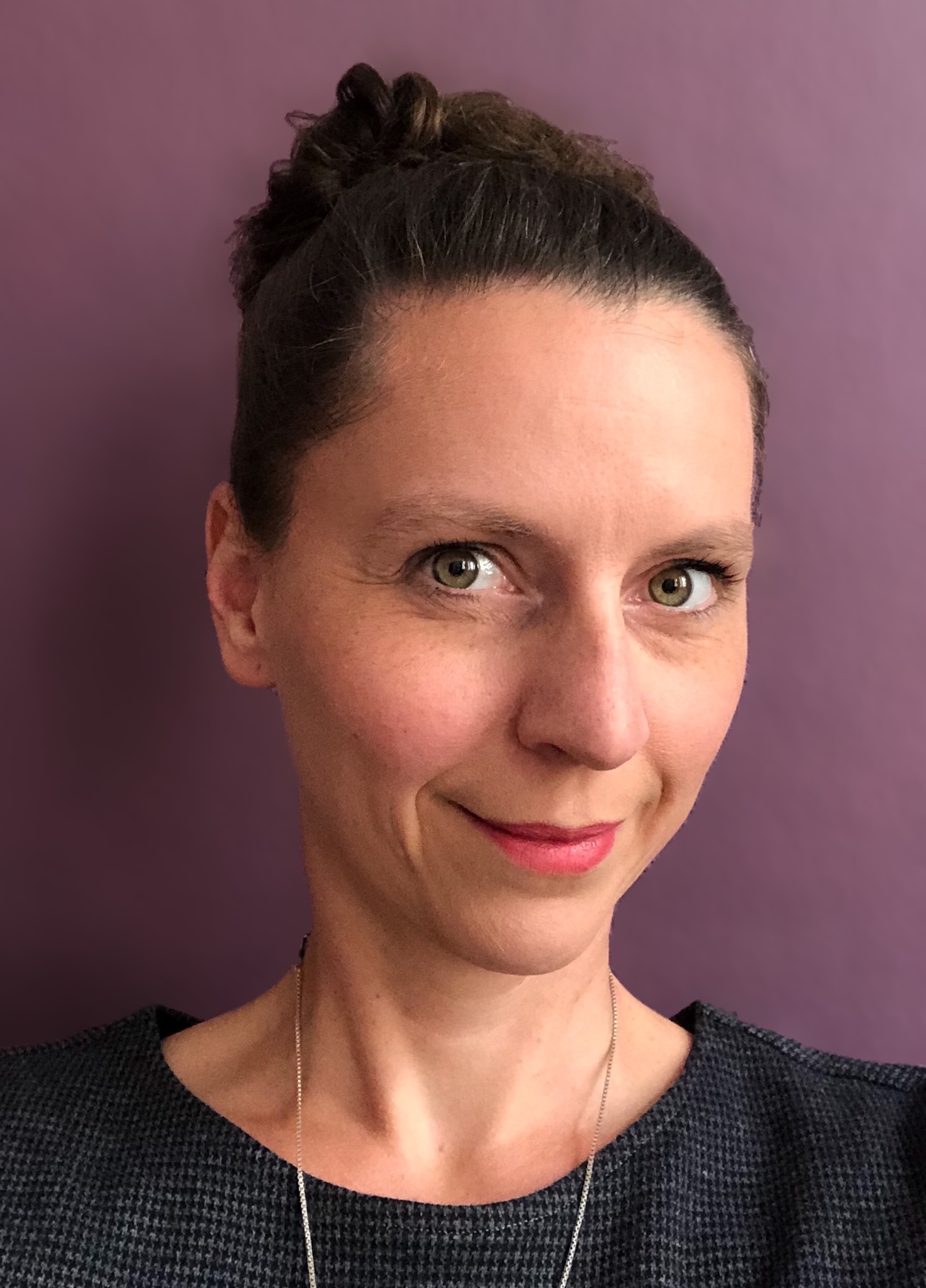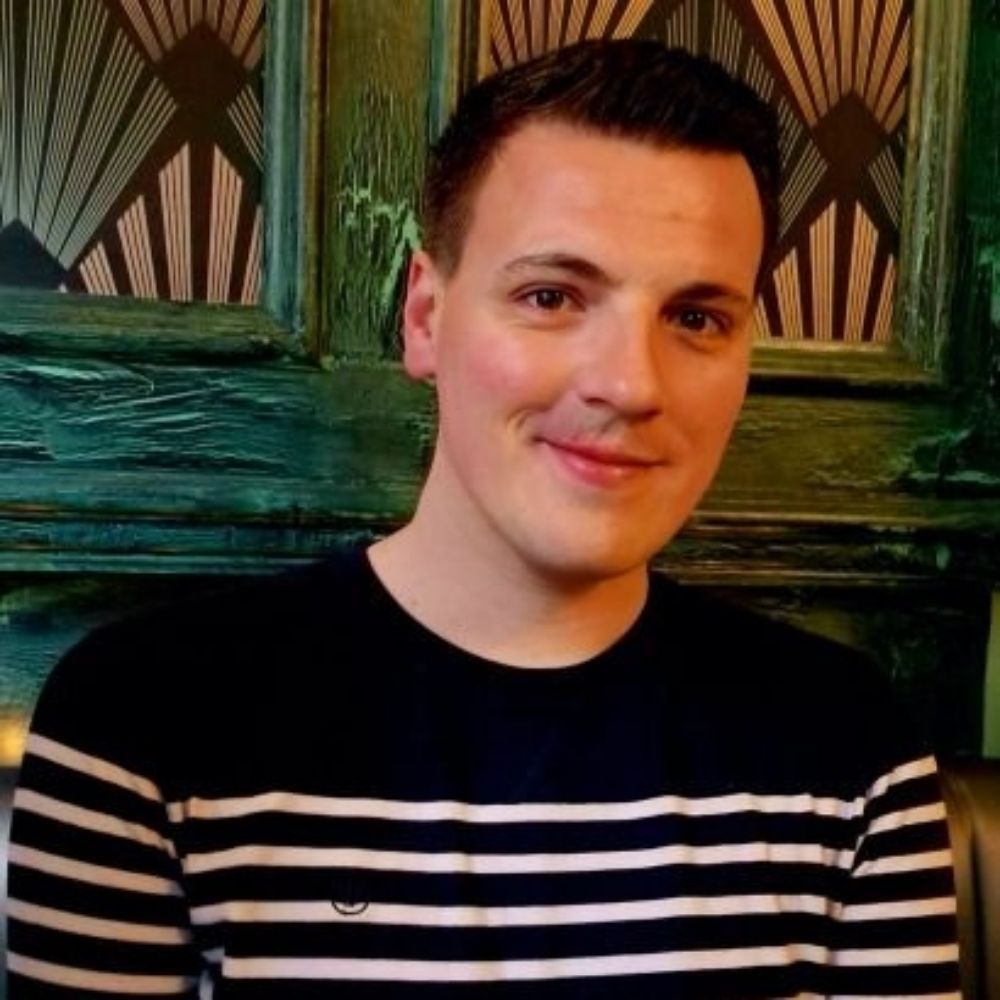Digital Humanities Summer School 2025: Data, gender and society

📋Keynote Registration – FAU Innovation Days Attendees
If you are attending the FAU Innovation Days (view details), you have the opportunity to register for the keynote talks.
Digital Humanities Summer School 2025: Data, gender and society
Mo 22 – Fri 26 September 2025
The DHSS2025 summer school offers expert-led training in DH tools and methods. It will also offer opportunities to critically discuss the type of research questions that such tools and methods can help to answer. With a thematic focus on gender the summer school looks at the interrelationship between society and data.
The format of the training includes:
- Expert lectures with keynotes from leading Digital Humanities scholars
- Hands-on sessions to explore examples of tools and methods
- Participant presentation – the presentations offer participants an opportunity to share their own research in a short 5-minute talk.
- Visual abstracts workshop – in this workshop participants will create visual abstracts based either on the presentations they held or on a topic they can choose in the workshop
The number of places at the summer school is limited, so you will need to register early.
Fees – 95 Euro (Note: if you are joining FAU as an MA student in DH, registration will be free).
Accommodation – Participants will make their own arrangements, but we will provide information on hotels close to the venue
Schedule
Keynote Speakers
Anna Foka, Department of ALM Uppsala University
Title of Session: AI and Heritage: Critical perspectives on AI for the Archives, Libraries and Museum sector
Artificial Intelligence (AI) is expanding beyond the realm of computer science, significantly impacting various industries and facets of society. AI and Machine Learning are revolutionizing the fields of computer science and engineering, making professionals in these areas highly sought after. The future of AI is dynamic, already profoundly influencing education, professions, and society. However, there is a growing awareness of the dangers of over-relying on AI for every challenge. In this context, I advocate for embracing AI with a societal and humanistic sensibility. My focus is on the Archives, Libraries, and Museums (ALM) sector. Traditionally, professional decisions in ALM have been made by educated humans using their best judgment. However, machines are becoming increasingly influential in performing these tasks. The quality of machine decision-making is closely tied to the quality of the data and the parameters selected for classification. Using cultural heritage collections as an example, I discuss how AI offers new opportunities for access and engagement but also risks perpetuating historical biases embedded in these collections. I emphasize the importance of interdisciplinary collaboration among cultural heritage professionals, data scientists, and social scientists to identify and mitigate bias. We need to think together with machines to adopt a holistic approach to bias mitigation, integrating both technical and non-technical solutions to ensure that AI technologies contribute to a more inclusive society. I conclude with recommendations for future education, research, and practice, highlighting the need for ongoing monitoring and interdisciplinary collaboration to address the complexities of bias in AI applications within the cultural and creative industries, as well as in the training of professionals in the ALM sector.
Mareike Schumacher, University of Regensburg
Title of Session: Corpus compilation and gender-sensitive Analysis
A solid corpus is of fundamental importance for computational literary studies. When analysing rare and unusual phenomena or minority representation the compilation of a meaningful corpus is even more crucial. In this workshop participants will learn the most central aspects of corpus creation and work on different case studies hands on. The workshops especially highlights two perspectives of corpus creation: the authorial perspective and the perspective of (gender-sensitive) phenomena. Accordingly authorial gender of male, female and queer authors will be analysed as well as unusual gender depictions in literary texts using state-of-the-art machine learning techniques.
Gavin Brookes, Lancaster University (UK)
Title of Session: Corpus linguistics for gender and language research: Key concepts and critical reflections
In recent decades, corpus linguistic methods have gained increasing popularity (and importance) in the study of language and gender. This is, in part, because corpus approaches have enabled researchers interested in gender and language to move beyond anecdotal or intuition-based claims, and to instead ground their arguments in linguistic patterns that can be observed across large and representative corpora of authentic language use. Yet while productive, the interaction of corpus methods with language and gender research also raises a series of critical considerations. These include, for example: the challenge of operationalising gender-related concepts without reifying potentially harmful binary categories; navigating the limits of frequency- and form-based methods when investigating discursive phenomena that might be implicit or context-dependent (as expressions of gender-based bias or oppression often are); and accounting for intersectional identity performances in corpora that have not been designed for sociolinguistic research. Through a series of wide-ranging case studies, this talk will illustrate some of the ways in which corpus methods can be used within gender and language research. These examples will serve as a means of introducing key concepts and techniques in corpus linguistics, while also acting as a springboard for reflecting on the kinds of critical considerations outlined above, and more besides.
Workshop and Excursion during the Summer School!
| Title | Facilitator |
|---|---|
| Open Culture: Modelling the Germanisches Nationalmuseum in Wikidata | Sabine Lang |
| Gendered Communities and Character Networks: Social Network Analysis of Fan Fiction | Anastasia Glawion |
| Keyfeature analysis for gender, style, and register studies | Marianna Grachova |
| Exploring Gender in 19th-Century Fiction with Concordance Analysis | Nathan Dykes |
| Who is Doing What to Whom? Analyzing Gender Biases in Large Language Models | Katrin Rohrbacher |
Summer School-Waiting List Form
Please note: Registration is closed! However, you can join our waiting list below. We will contact you if a spot becomes available.
Attending the FAU Innovation Days? Join Our Keynote Talks!
If you plan to be at the FAU Innovation Days (more info), you can reserve your spot at our keynote lectures by filling out the form [here].
You may select one, two, or all three keynotes (subject to availability).
Please include DHSS2025 in the subject line
Previously at DHSS
Explore highlights and resources from our previous event Digital Humanities Training Day 2024 (DHTD 2024).



